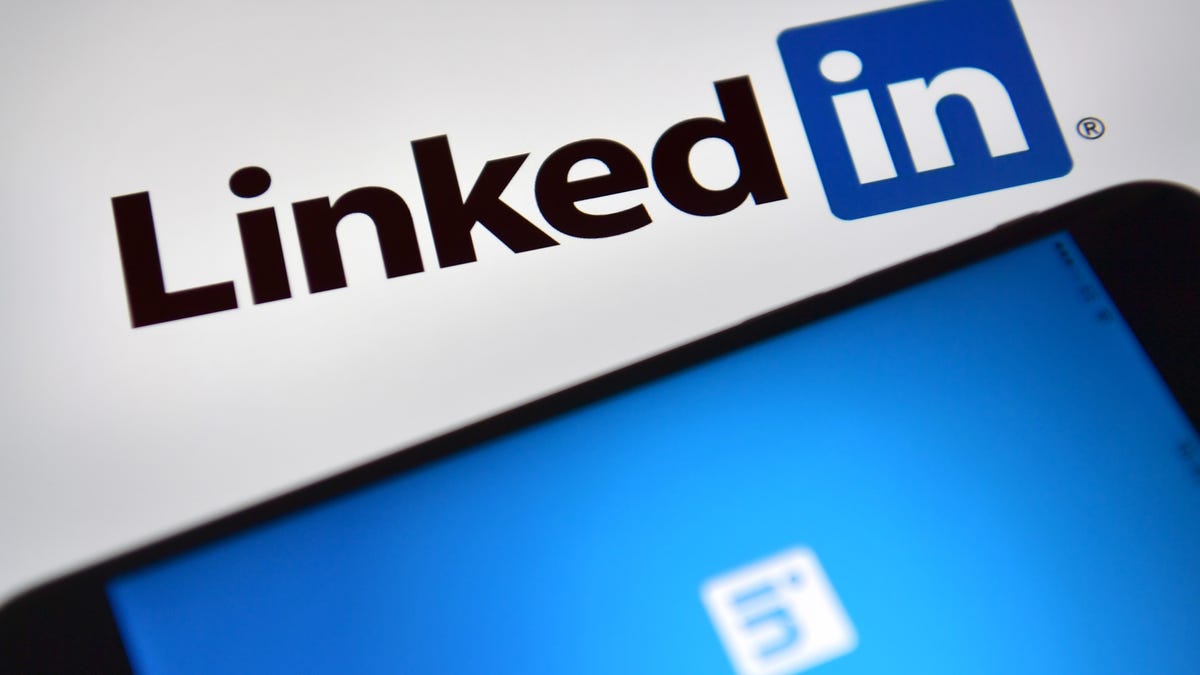LinkedIn’s Secret Weapon? Allegations of AI Training Using Private Messages
A recent lawsuit has cast a spotlight on LinkedIn, alleging that the professional networking platform has been using users’ private messages to bolster its artificial intelligence (AI) capabilities. These claims not only raise eyebrows but also ignite a broader conversation about privacy, data ethics, and the extent to which tech companies can leverage user data without explicit consent. As AI continues to evolve and permeate various sectors, understanding the implications of such practices becomes crucial.
Understanding the Allegations Against LinkedIn
The allegations against LinkedIn are multifaceted, centering around the assertion that the company has been training its AI systems using the vast troves of private messages exchanged among users. This practice, if true, would suggest a significant breach of user trust and privacy. Users often view their private messages as confidential communications, intended solely for the parties involved.
According to the lawsuit, LinkedIn has allegedly failed to inform its users that their private messages could be utilized for AI training purposes. The complaint points to a lack of transparency regarding data usage policies and highlights a growing unease among users about how their data is being harvested and utilized.
The Broader Context of Data Privacy in Tech
This incident is not isolated. It reflects a larger trend in the technology industry, where the value of personal data has skyrocketed. Companies often collect data to enhance their products and services, but the line between ethical data usage and invasive practices can sometimes blur.
In recent years, high-profile scandals, such as the Facebook-Cambridge Analytica incident, have underscored the urgency for stronger data protection regulations. Users are becoming increasingly aware of their digital footprints and are questioning how their data is being used, particularly when it comes to AI technologies that rely heavily on data for training and improvement.
The Implications of Using Private Messages for AI Training
Using private messages for AI training raises several ethical questions and potential legal ramifications:
- Informed Consent: Users may not have given informed consent for their messages to be used in this way. Transparency in data usage policies is crucial in maintaining user trust.
- Data Security: If private messages are being utilized for AI training, there are concerns about how this data is protected. Breaches could expose sensitive communications.
- Reputation Damage: Allegations of unethical data practices can severely damage a company’s reputation, leading to user distrust and potential declines in user engagement.
- Legal Consequences: Such practices could lead to legal repercussions, including fines and stricter regulations on data usage.
The Technology Behind AI Training
AI systems, especially those involved in natural language processing (NLP), require vast amounts of data to learn and improve. Typically, this data is sourced from publicly available text, user interactions, and other forms of input. However, the ethical implications of using private communications for training AI models cannot be overstated.
AI systems must be trained on diverse datasets to ensure they are effective and unbiased. However, using private data without consent can lead to significant ethical dilemmas, including:
- Bias in AI: If AI systems are trained on biased data, the outputs will likely reflect those biases, leading to discriminatory practices.
- Loss of Trust: Users may withdraw from platforms that misuse their data, leading to decreased engagement and revenue for companies.
How LinkedIn Might Address User Concerns
In light of these allegations, LinkedIn will need to take proactive steps to address user concerns and restore confidence in its data practices. Some potential actions could include:
- Enhanced Transparency: Clearly outlining data usage policies and obtaining explicit consent for data collection can help users feel more secure.
- Strengthening Privacy Controls: Providing users with more robust privacy settings allows them to control what data is shared and how it’s used.
- Regular Audits: Conducting regular audits of data practices and making the findings public can demonstrate accountability.
The Role of Regulation in Data Privacy
The tech industry is at a pivotal moment where regulatory frameworks are evolving to catch up with technological advancements. Legislators worldwide are beginning to introduce stricter data privacy laws, such as the General Data Protection Regulation (GDPR) in Europe and various state-level regulations in the U.S.
These regulations often emphasize the need for clear consent from users before their data can be collected or used, particularly for purposes like AI training. As such, companies like LinkedIn may face increasing pressure to comply with these laws, ensuring their data practices align with legal expectations.
Conclusion: The Future of Data Privacy and AI
As the tech landscape continues to evolve, the balance between innovation and ethical data use will remain a critical discussion point. The allegations against LinkedIn highlight the need for vigilance, transparency, and accountability in data practices.
Ultimately, users deserve to know how their data is being used and to have control over that data. As AI technologies become more integrated into our daily lives, it is imperative for companies to prioritize user privacy and build systems that respect and protect individual rights.
In this age of digital connectivity, fostering a culture of trust will not only enhance user experience but also contribute to the sustainable growth of the tech industry as a whole. The allegations against LinkedIn serve as a reminder that while AI has immense potential, it must be harnessed ethically and responsibly.
See more Future Tech Daily

